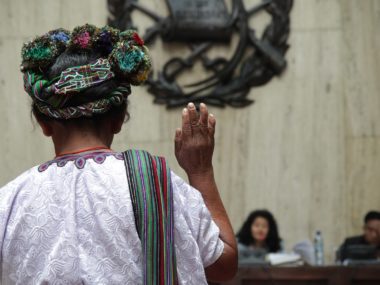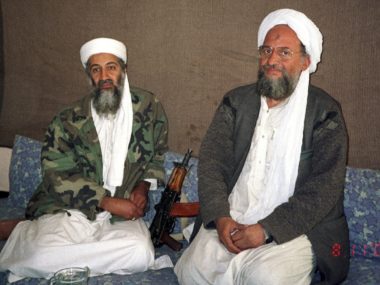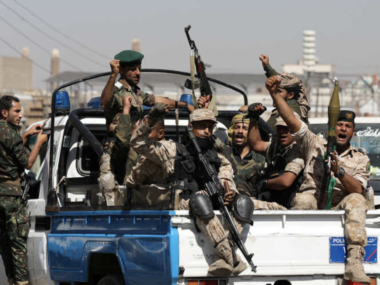Yesterday, British Prime Minister David Cameron once again floated the idea of giving Bashar al-Assad a golden parachute, offering him immunity from prosecution and a cushy lifestyle in return for quitting Syria. This leads to our political violence thought of the week:
“[We will do] Anything, anything, to get that man out of the country and to have a safe transition in Syria.”
Really? Anything?
On the contrary, Western powers are not willing to do “anything, anything” to end the conflict. Here are a few of the options that remain off the table:
- A direct, armed intervention. Despite pleas for help, and despite increasingly provocative and antagonistic behavior towards NATO ally Turkey, Western nations remain totally unwilling to use armed force to remove the Assad regime.
- Political assassination. A few months ago, I was giving a talk related to Syria, and woman in the audience suggested “all we need to do is just kill him, and it would all be over.” I’m not so sure I agree. But regardless, for quite some time, the United States has maintained a strict prohibition against political assassination of foreign leaders. Twelve years ago, political scientist Ward Thomas suspected that this norm (and legal framework) might waver in the post-Cold War world. It hasn’t. Syria shows that this norm remains unshakeable.
- A UN Chapter VII peace enforcement mission. A multidimensional peace enforcement mission may be Syria’s best chance out of this increasingly vicious civil war. But sure vetoes from the UN Security Council’s most skeptical permanent members (Russia and China) make such a mission impossible. British, French, and American efforts to persuade these great powers to support more invasive actions inside Syria will likely remain fruitless — even if the actions are multilateral and staffed by non-Western powers.
In other words, it’s politics as usual.






0 comments
Talk about too little, too late. Even if Assad leaves now, what are the chances that Syria will stabilize and avoid further fragmentation and ethnic cleansing? If the damage is done, then giving Assad immunity will produce few gains and only serve to weaken the international community’s deterrent against other tyrants.
I think the focus on Bashar al-Assad is misguided; removing him wouldn’t suddenly create a pro-compromise regime elite. There is very little evidence that he is the be-all and end-all of the Syrian regime. Will the Alawi leadership of the armed forces still have a strong vested interest in fighting hard against a Sunni-coded (increasingly so) opposition, Assad or no? And would they have the means to carry on fighting without him? I think the answer to both is yes.